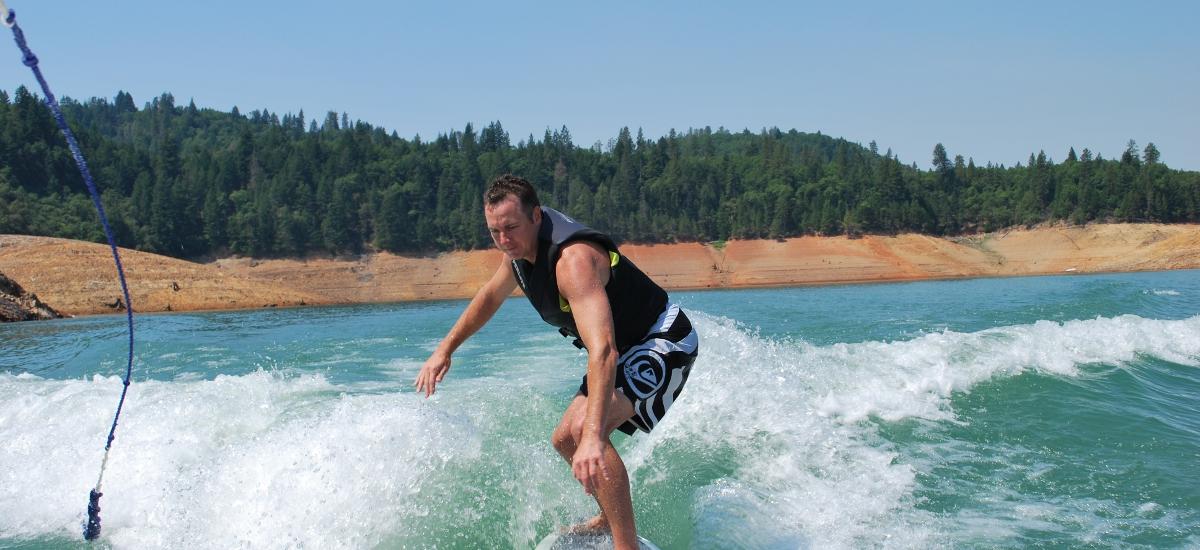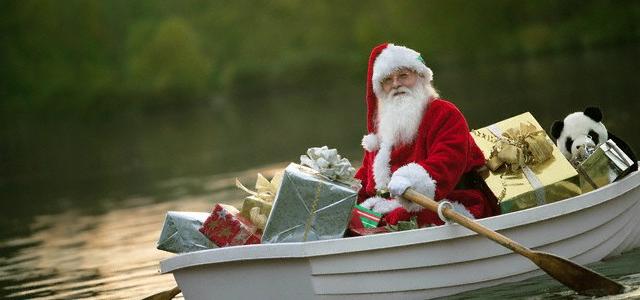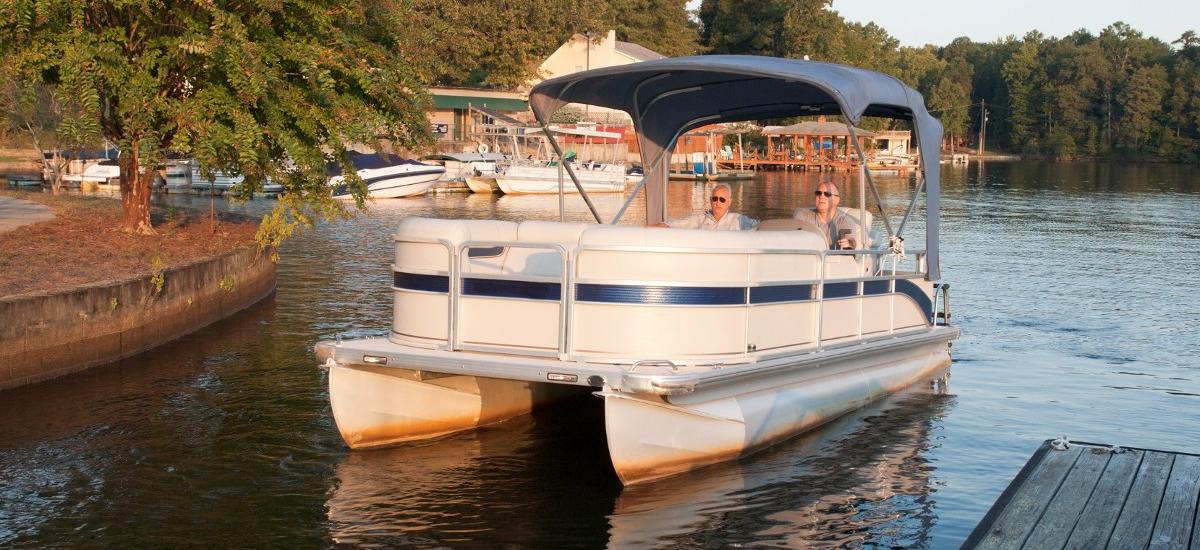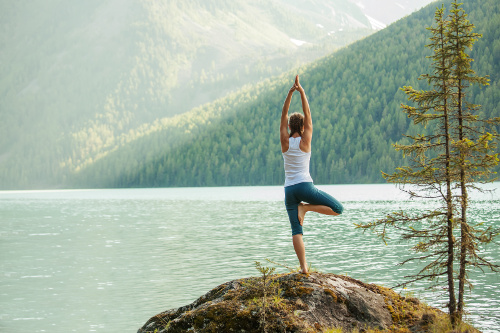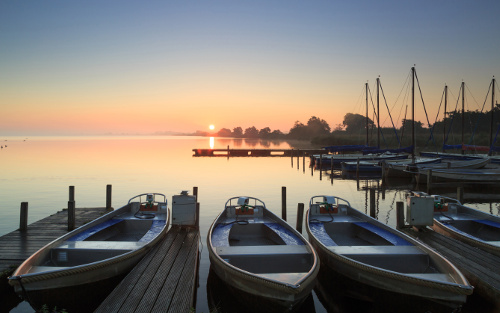Most of the time when we think of a lake home or a boat house, the first thing that comes to our mind is a great room with a fantastic view of the lake or surrounding area. In order to obtain such a view, we need a wall that is not obstructed by a lot of building post and other materials. One that will keep us from having that open feeling while we are in the room.
By using a method that has recently been adapted for smaller buildings, this effect can be obtained with no problem. A curtain wall with lots of glass will give you outstanding performance and provide many years of visual pleasure.
What is a curtain wall?
Curtain walls were developed for use on taller steel structures, such as multi-story buildings and skyscrapers. This method is one by which a steel structure is erected and a frame of lightweight aluminum and glass is hung on the side of the structure.
A metal frame would be custom built to the size and specifications to fit the building.
This frame is equipped with several different types of gaskets to hold the glass in place. The frame will then hang on the side of a building, much like a curtain would hang in your home.
In more recent years, developments have been made to adapt this same principle to smaller buildings such as residential dwellings.
Benefits of Curtain Wall Construction
There are several ways you will benefit when you choose to use a curtain wall in your construction or remodeling project. One of the best ways, is the opportunity to open your room up and give it a freeing, scenic view.
Most of the time when you design a lodge or a camp, you will have what is known as a great room. This is usually the first room you will encounter when you walk into a camp, lodge, or lake house.
When you look at the front of the room, you will more than likely be facing the lake or other important land features that are visible through a large opening in the building. This large glass filled opening can be obtained because of the curtain wall method.
You will also receive lifelong benefits from the glass and aluminum construction when it comes to maintenance. You will never have to worry about the frame rotting or it being in need of caulking and repainting each year.
You can also take advantage of the natural lighting that the glass will provide you, keeping the rooms nice and cozy during the winter months. The tinted glass will also help provide protection against the heat during the summer, lowering your cooling costs!
Get in touch with your local contractor and ask about curtain wall construction on your next lake home project, as it is a great option for lake living and the best views possible!


